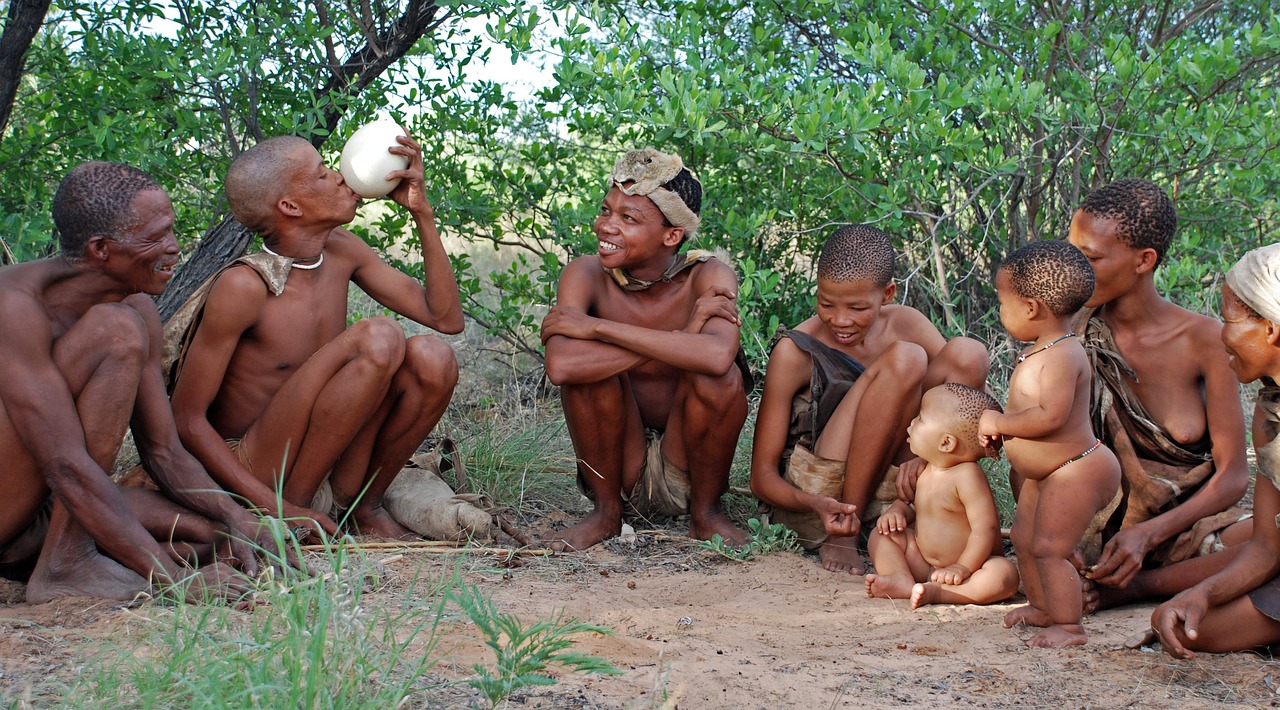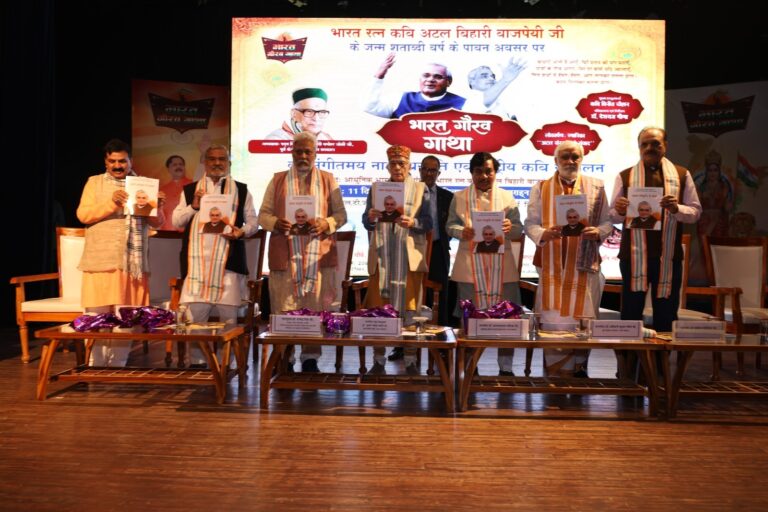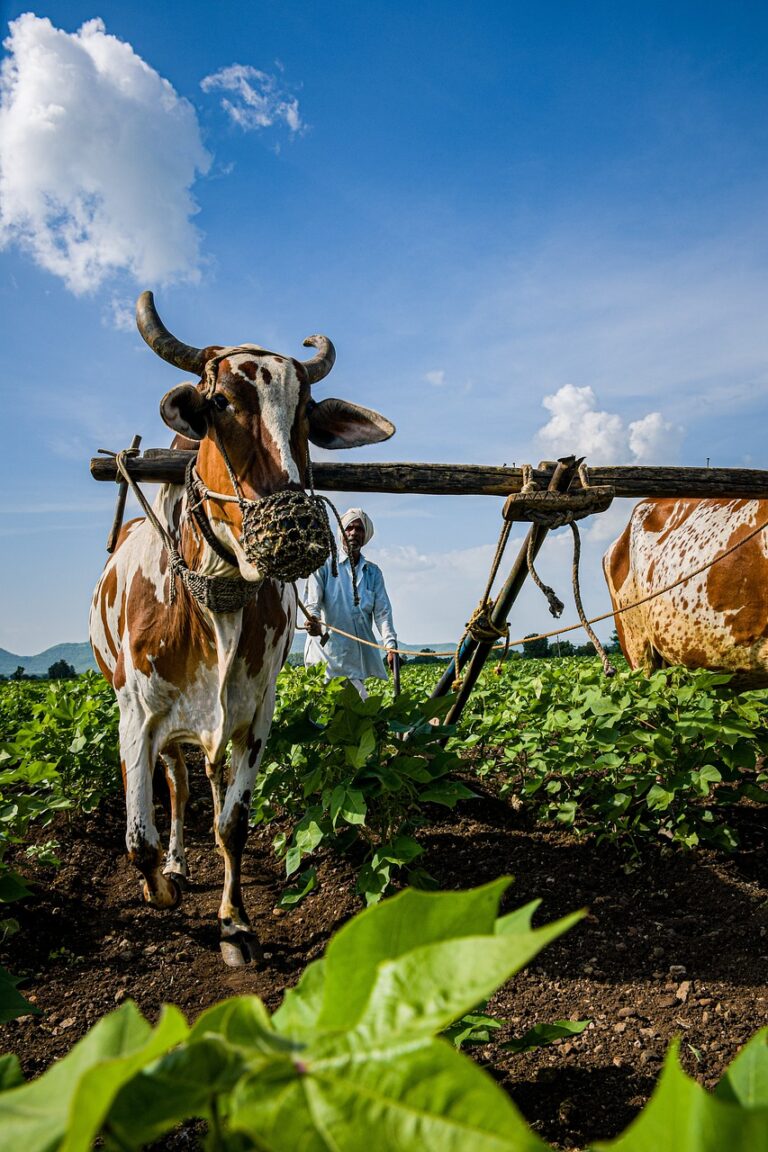
Geneva: Indigenous peoples, although representing diverse population groups and communities, in general, have considerably lower life expectancy than non-indigenous populations. They also have a higher prevalence of many diseases and adverse health conditions, including diabetes, maternal and infant mortality and malnutrition because of the lack of access to medical services.
Besides, indigenous peoples are disproportionally subject to poverty, poor housing, cultural barriers, violence, including gender-based violence, racism, experiencing disability, pollution and lack of access to education, economic opportunities, social protection, water and sanitation, as well as appropriate resilience planning for climate change and natural and other emergencies;
Taking these aspects into consideration, the 76th World Health Assembly today approved an unprecedented resolution for strengthening indigenous peoples’ health globally. To this effect, it requested the World Health Organization (WHO) Director-General to develop a global action plan for their health and to present it to the Seventy-ninth World Health Assembly in 2026.
The resolution was proposed by Australia, Bolivia (Plurinational State of), Brazil, Canada, Colombia, Cuba, Ecuador, European Union and its Member States, Guatemala, Mexico, New Zealand, Panama, Paraguay, Peru, United States of America and Vanuatu.
It pointed out that the health needs and vulnerabilities of indigenous peoples vary as they are heterogenous groups of peoples and live in different environmental and social contexts.
It recalled that indigenous individuals have an equal right to the enjoyment of the highest attainable standard of physical and mental health, as declared by the United Nations Declaration on the Rights of Indigenous Peoples adopted by the United Nations General Assembly through resolution. It further recalled the commitments of the World Conference on Indigenous Peoples in 2014 to intensify efforts to reduce rates of HIV and AIDS, malaria, tuberculosis and noncommunicable diseases and to ensure their access to sexual and reproductive health.
The Assembly requested the action plan be developed in consultation with indigenous peoples; that the WHO provide support to Member States, upon request, for improving their health; and that the improvement of their health be included in the development of the Fourteenth WHO General Programme of Work.
In the same resolution, the Health Assembly urged Member States to, among other tasks, develop knowledge about thei health situation of indigenous peoples, with their free, prior and informed consent; develop, fund and implement national health plans, strategies or other measures for indigenous peoples; encourage their attraction, training, recruitment and retention as health workers taking into account the traditional knowledge and practices.
– global bihari bureau





